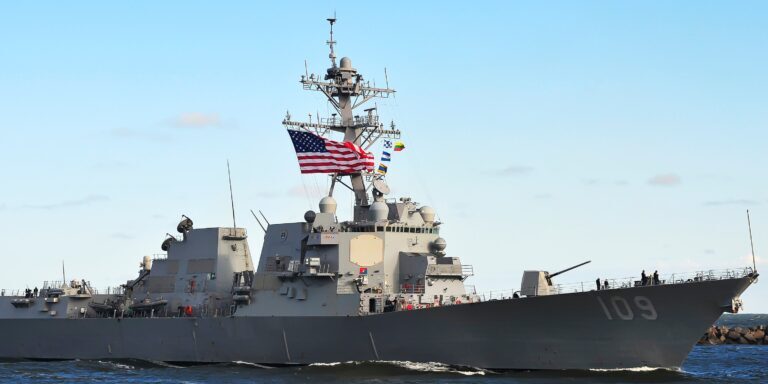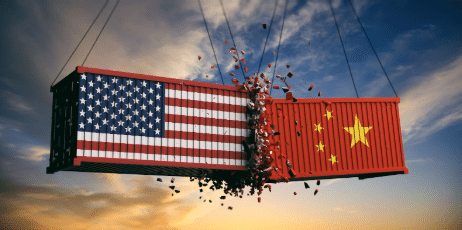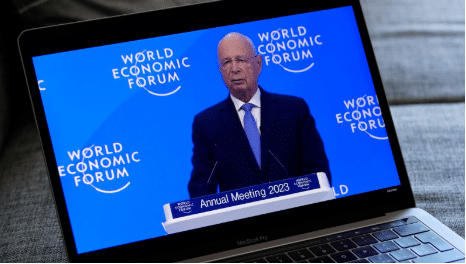
Red Sea's Looming Disaster: The Precipice Of Perpetual War
On New Year’s Eve, US Navy helicopters in the Red Sea engaged and sank three boats belonging to Yemen’s Houthis, killing ten. According to US Central Command, the boats were attacking a container ship and fired on the helicopters as they responded to the ship’s distress call. The encounter represents a significant escalation that risks forcing a whole new war on the American public and the Middle East.
The Red Sea region has become one of the world’s most volatile flashpoints in the aftermath of the October 7 attacks in southern Israel. The Houthis of Yemen see it as their “humanitarian and moral duty” to use their location along one of the world’s most important shipping lanes to hamper and disrupt Israel’s brutal assault on Gaza.
Despite what US officials say, the Houthis are the de facto government of Yemen. Just like the current government of Ukraine, the Houthis rode a wave of mass protests in 2014 and seized control of the capital city and the vast majority of the country’s populated territory, causing the previous president to flee.
In response, the US government bankrolled a horrific Saudi air war on the Houthis for eight years. The war killed and maimed thousands of civilians, many of them children. The Saudi military also blocked the import of food and targeted Yemen’s water infrastructure, leading to famine and a severe outbreak of cholera.
But all the suffering brought on the Yemeni people did not turn them against the Houthis. And the Saudi campaign lost all its steam when war broke out in Gaza. Two weeks ago, to the dismay of the US government, the Saudi government and the Houthis committed to a ceasefire and agreed to engage in a United Nations–led peace process.
So now, as the Houthis attempt to stop ships they say are linked to Israel, the US government cannot rely on its Saudi friends to do its dirty work. Washington has tried to organize an international task force to help regain control of the Red Sea, but many US allies are reluctant to join.
Lacking a broad international coalition or regional proxies to work through, the United States and the United Kingdom are reportedly planning to begin bombing Yemen directly. And on January 1, an Iranian warship entered the Red Sea—presumably as a gesture of Iran’s support for its Houthi allies—so it’s unlikely that a war with Yemen would stay contained.

Source: Mises Institute
These events demonstrate that a wider war in the Middle East will be very hard to avoid as long as Washington continues to throw its support behind Israel’s indiscriminate strategy in Gaza. The way the Israeli government chose to respond to the October 7 attacks has so far killed over twenty-one thousand people in Gaza. Another seven thousand are thought to be stuck under the rubble. Eight thousand of those confirmed killed were children.
Putting aside the moral considerations that this level of civilian casualties necessitates, it was naïve to think the Muslim world would sit back as Israeli operations kill over 2,600 Palestinian children a month.
The American people are already being forced to fund proxy wars and isolated military interventions across the world. But as damaging as those foreign interventions have been to Americans’ safety and economic well-being, they would be nothing compared to the conventional direct war foreshadowed by these developments in the Red Sea.
Add to that the fact that most Americans want the US to call for a permanent ceasefire in Gaza, and the idea that the public is ready to mobilize for war with Yemen—much less Iran—appears absurd. Yet that is the path Washington has us on.
Originally published by: Connor O’Keeffe on Mises Institute
The financial market is crumbling and EVERYONE will be affected. Only those who know what's going on and PREPARE will survive... dare we say thrive. Our 7 Simple Action Items to Protect Your Bank Account will give you the tools you need to make informed decisions to protect yourself and the ones you love.









